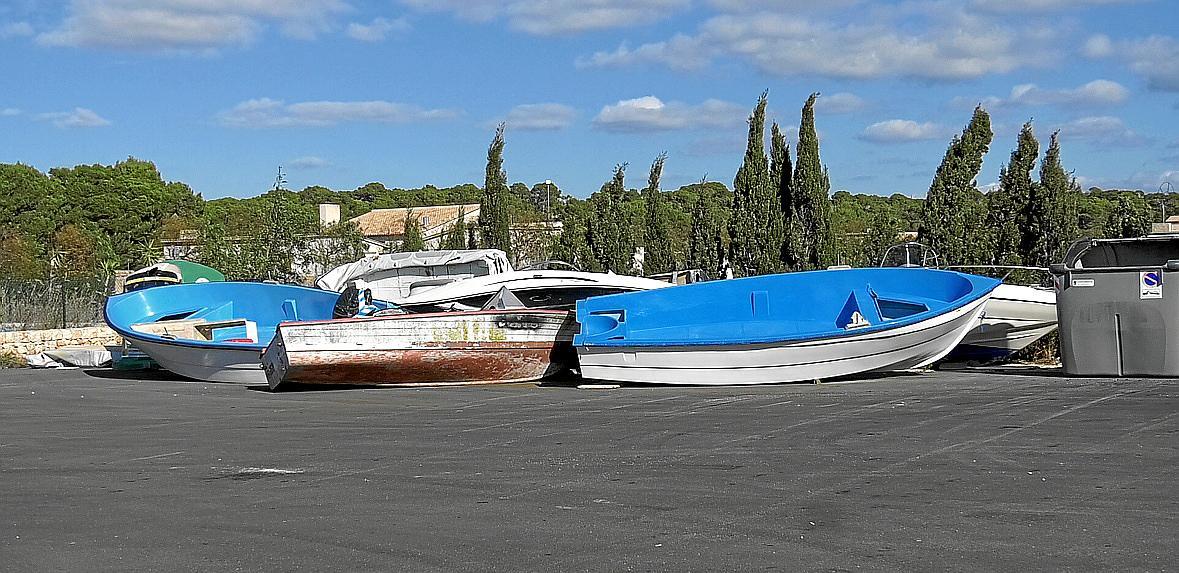The national ministry of the interior does not believe that there is a specific illegal immigration route from Algeria to the Balearics. The ministry states that, based on available data regarding an increase in migrant numbers, the situation "does not indicate the opening of a specific route". Nevertheless, there is an acceptance that the increase in recent years points to there being a "common route" for the eastern part of Spain.
Last year, 1,471 illegal migrants arrived in the Balearics on 110 boats. Compared with 2018 there was a 686% rise; with 2019 a 226% increase. The ministry was asked to give this information by members of Congress from the Partido Popular in the Balearics. They also wanted to know about the "extraordinary measures" for attending to migrants.
The ministry has explained that attention under the humanitarian programme is given by organisations which receive government grants. There is one in particular - the Cruz Roja (Red Cross). When migrants arrive, they spend time in police custody before coming under the programme and therefore the care of the Red Cross, which looks after the assigning of a reception centre place. This isn't normally in the Balearics but on the mainland. The ministry adds that if more resources (places) are needed, those of other organisations are used temporarily.
The PP deputies in Congress, Marga Prohens and Miguel Ángel Jerez, argue that the numbers of migrants point to a route between Algeria and the Balearics having been consolidated. As well as figures, they were interested in knowing about where migrants are placed while the procedures for repatriation are carried out and also about health checks.
In 2020, there were particularly high numbers of migrants in June and July, while in the autumn there was one day when ten boats arrived. Two weeks ago, a small "patera" boat arrived in Ibiza. It was the first one in 2021.


No comments
To be able to write a comment, you have to be registered and logged in
Currently there are no comments.